An old photograph from the Mexican Revolution shows a young woman with a challenging look, dressed as a man, with a northern hat, a holstered pistol, and a rifle in her hand. Her name was Valentina Ramírez Avitia, a brave woman, fiery like the salsa that would be invented and named after her many years later seasoning chips, sandwiches, instant soup, and all kinds of snacks.

The tale of Mulan is well-known throughout the world, but not many are aware that the real world is full of similar stories, and Mexico, in particular, has a very similar warrior. Valentina Ramírez Avitia was a woman from the early 20th century who disguised herself as a man in order to join the Mexican revolutionary army. Known as "La Valentina," "the Mexican Mulan," or "the Leona de Norotal," this woman was part of the Maderista troops that, in 1910, followed the Maderista army in his fight to remove Porfirio Díaz from power. To protect her identity, Valentina went by the name of Juan Ramírez, a stellar soldier that very quickly—in less than a year—reached the rank of lieutenant. A song and several movies commemorate her bravery, but very few know that there is also one famous Mexican staple that commemorates her fierce, spicy spirit: the salsa Valentina.

Valentina was born on February 14, 1893 in the city of Norotal, in the state of Durango. She was the daughter of a farmer who, worried about the situation in the country, intended to join the revolutionary warriors, but died before being able to go into battle. Inspired by her dad, Valentina wanted to do the same thing he had tried, but at that time it was not accepted for women to become soldiers, so she created a plan that would allow her to achieve it: she wore her brother's clothes, hid the braids in a hat, changed her name to Juan Ramírez, learned to ride a horse and use weapons, and went to the frontline with his 30-30 carbine and two straps of cartridge belts crossed over her chest.
Her pristine performance in the combat of Puente Pumarejo (in Culiacan, Sinaloa), which caused the overthrow and exile of Governor Diego Redo, granted her the rank of lieutenant shortly after having joined the army. She also participated in the taking of Topia and Tamazula and fought alongside other guerrillas such as Clara de la Rocha, a colonel, the highest rank held by women in the armies of the Mexican Revolution.
Nonetheless, after having participated in the revolutionary war for five months and ten days, a colleague saw Juan's braids and discovered that Juan was in fact Valentina, a woman, and she was immediately expelled from the military ranks.
Frustrated by the rejection, Valentina wanted to return to her family, but her brothers rejected her, insulted because she had been absent from the house when her mother passed.
The time Valentina gave to the revolutionary struggle was considered insufficient by the State for her to be able to access a pension as a war veteran. Not being a candidate for a military pension, Valentina earned a living as a domestic worker and later washing and ironing clothes in her modest house in Sinaloa.
In 1969, the brave heroine was hit by a vehicle and handicapped until her last days. She was forced into a nursing home in Culiacán, from where she managed to escape. A devotee of the Virgin of Guadalupe, she was seen begging in the surroundings of the Cathedral, in the plaza, and in the Novolato market. She died on April 4th, 1979 and her remains were deposited in a common grave of the Civil Cemetery of Culiacán.

However, she and her bravery were not entirely forgotten. Around those years, in the 1960s, in Tamazula, Jalisco, Manuel Maciel Méndez started a company selling a family recipe salsa of puya chili peppers and tree chili peppers, known as Salsa Tamazula. The success of that first spicy salsa caused for other flavors to arrive soon, especially one that is prepared with dried chile rojo and that, being brava, was called "La Valentina" in honor of this feisty revolutionary.
Today this salsa can be found in several countries around the world such as the United States, Spain, and Canada. And still, Mexicans who travel abroad usually carry with them a sought-after bottle of Salsa Valentina in their suitcases.

In addition to this famous salsa, Valentina Ramírez is remembered with a revolutionary corrido called precisely La Valentina, performed by Jorge Negrete, Cuco Sánchez, Guadalupe Pineda, Flor Silvestre, and Los Cadetes de Linares. Other is the famous El Corrido del Norte by Halcones de Salitrillo and it goes like this: “¡Fue la Valentina mi fiel soldadera, y por decidida llegó a coronela, curó con sus manos mis rojas heridas, me fue inseparable por toda la vida, como carabina mi fiel Valentina / La Valentina was my faithful soldadera, and by determination she became a colonel, she healed my red wounds with her hands, she was inseparable from me throughout my life! life, as a chaperone my faithful Valentina.”
--
So, what do you think? Had you ever heard about this brave revolutionary before? Did you know this fact about the famous Valentina salsa? Let us know in the comments below! Also, if you liked this article, remember that we share many more for those subscribed to our newsletter, so be sure to do so here!

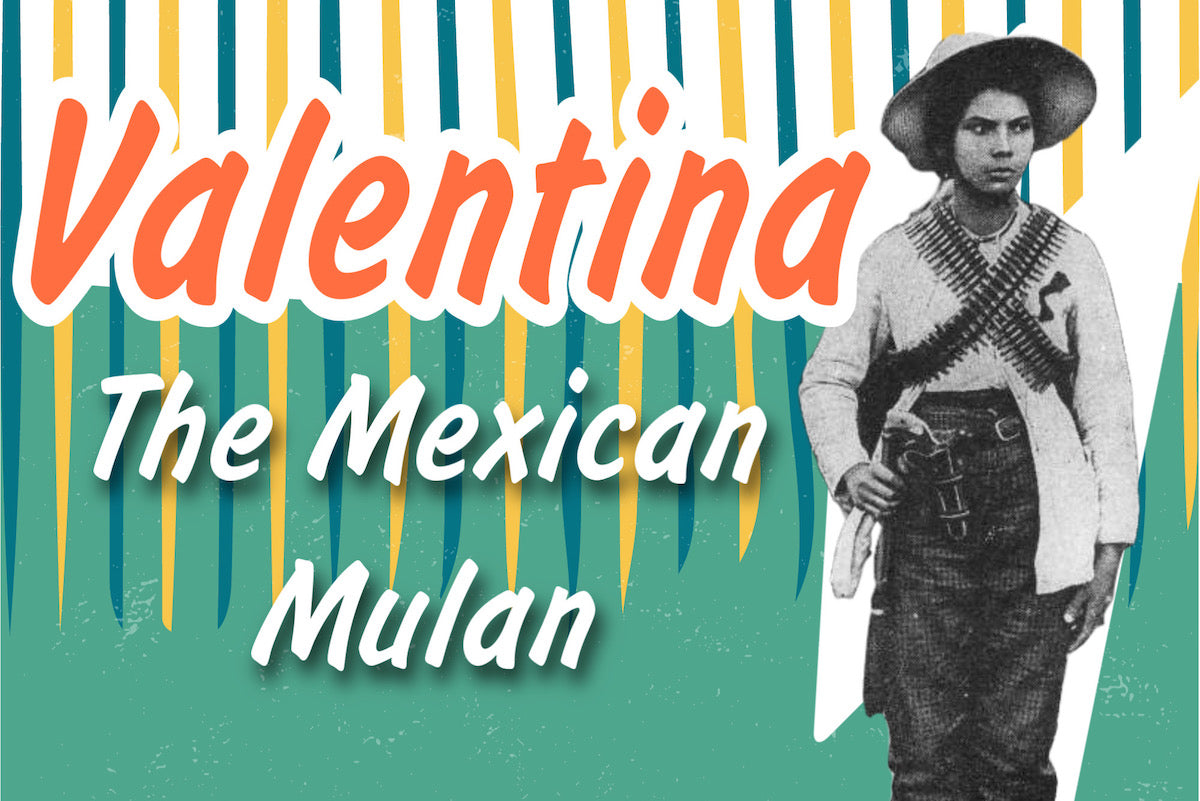

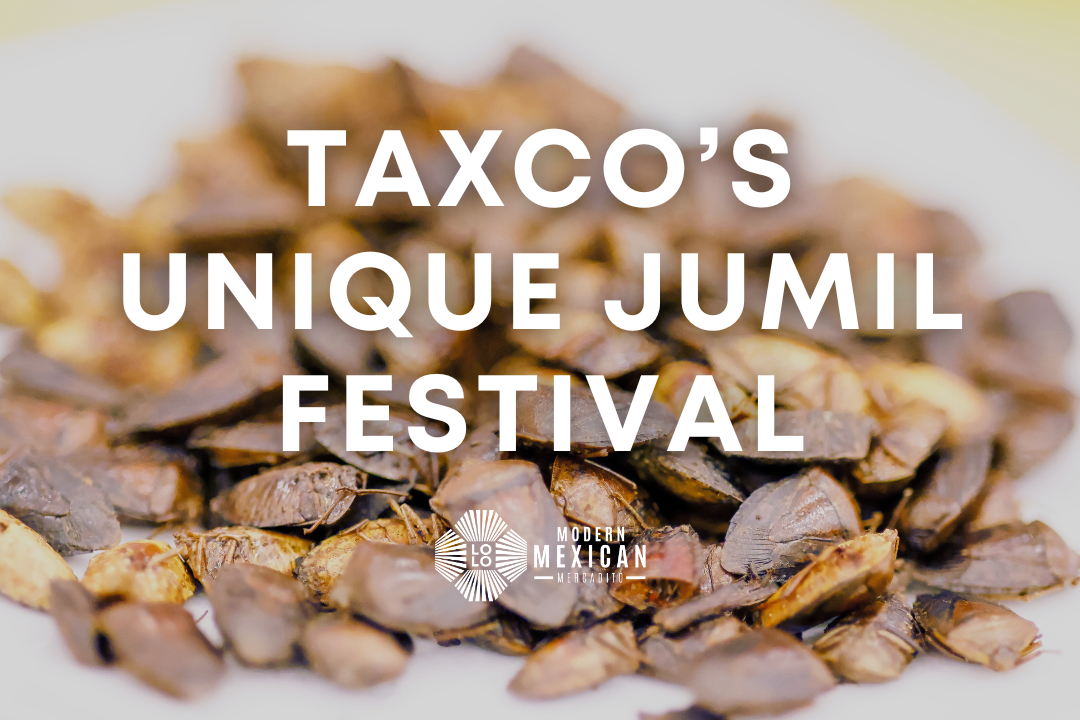
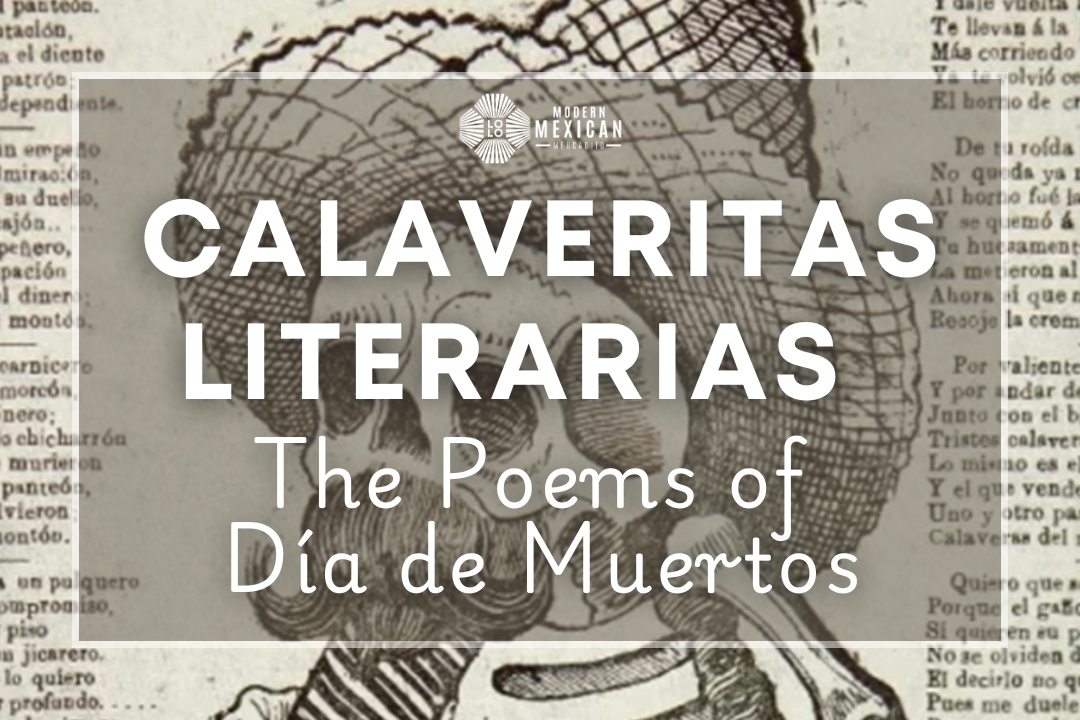
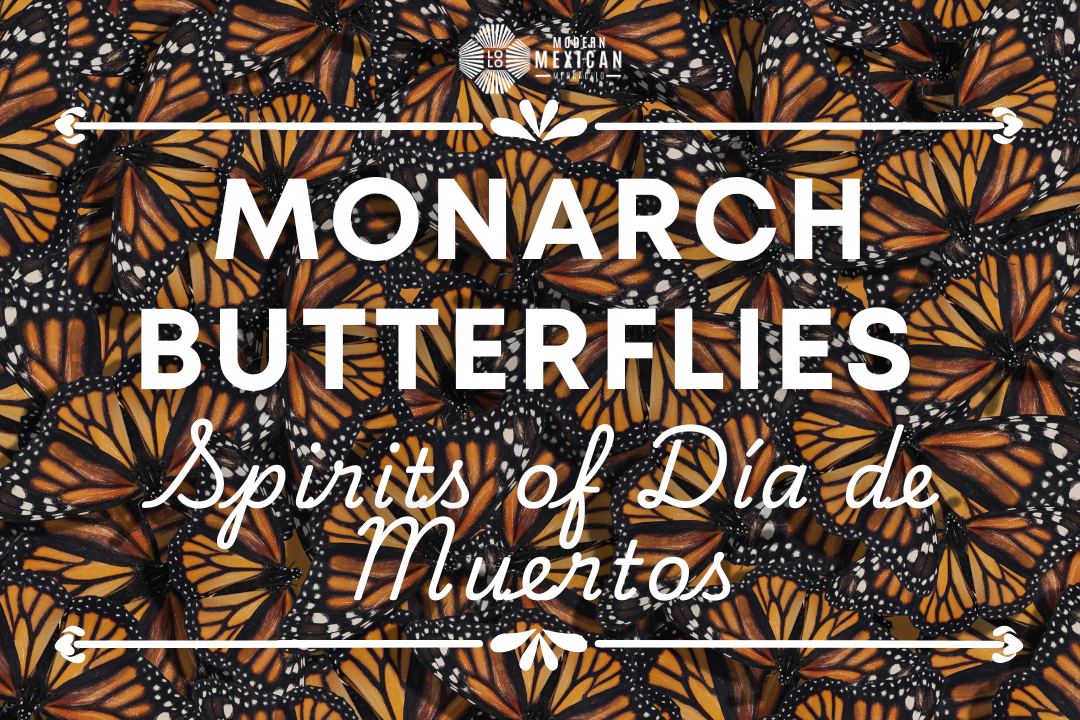
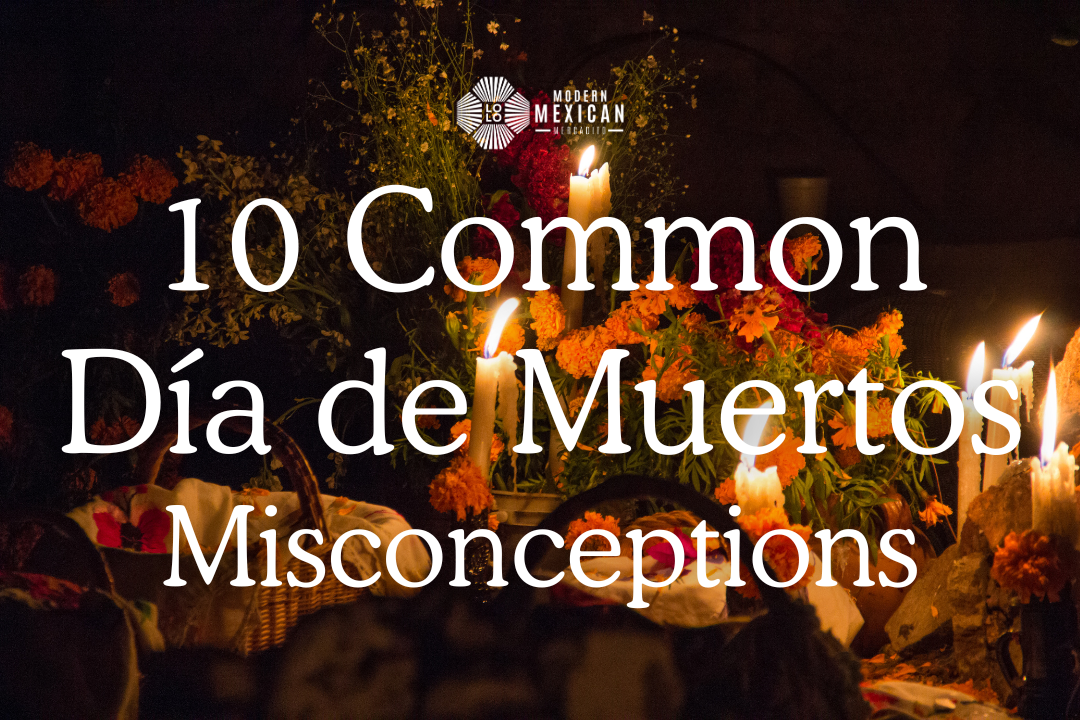
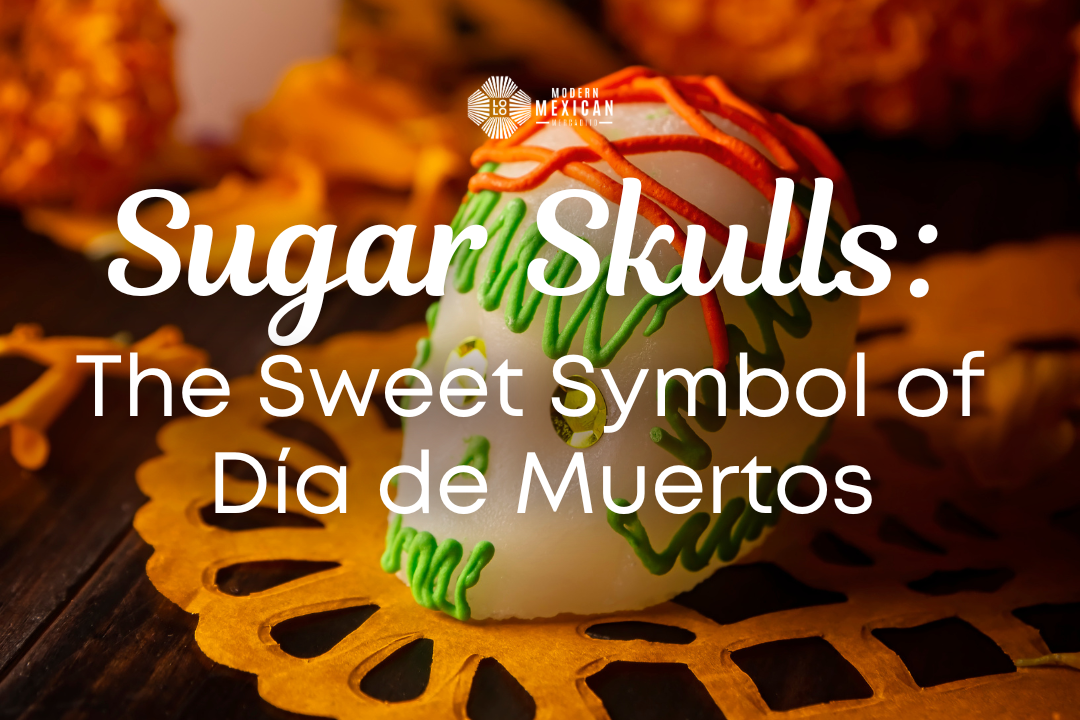

11 comments
Val
Cool my real name is actually valentina
Valentina Lupu O’Connor
The feminist movement should claim Valentina Ramirez Avitia as its pioneering precursor. Muy Brava Valentina!
Afshan Dora Salazar
Beautiful Story of this Hero!!! I think the Salsa Valentina company should exhume her remains and give her a honourous burial place to give her the appreciation and value as a Historical Brave Soldier of Mexico since the Government has not given her any value. Late payment for her life’s sacrifices, but I hope it raises awarness.
Richard alcala Hinojosa
She was determined revolutionary she lived a hell of a long time she had to tuff to endure her life perseverance is the word I think of viva valintina
Natalia Carrera
Thank you for sharing this amazing and inspiring story! I love Valentina salsa and now even more knowing the story behind the name. I never would have known this. Thank you!
Ruthy
Thank you for posting this story. I love listening to wonderful inspiring stories of women, latina women!
Andrea Teresa Arenas
Extremely well written, researched and documented article. Your blog is wonderful.
Doyla Rosati
Fantastic story. Someone should create a movie script for this.
ANGELICA MEDINA
Thank you for sharing this story! I probably would have not known about La Valentina if not for your article!
Raquel Martinez
This is a great story…glad I read it …Learning Mexican history like this makes me feel proud of my heritage
Stacey Peterson
This is super interesting! Love it!!!